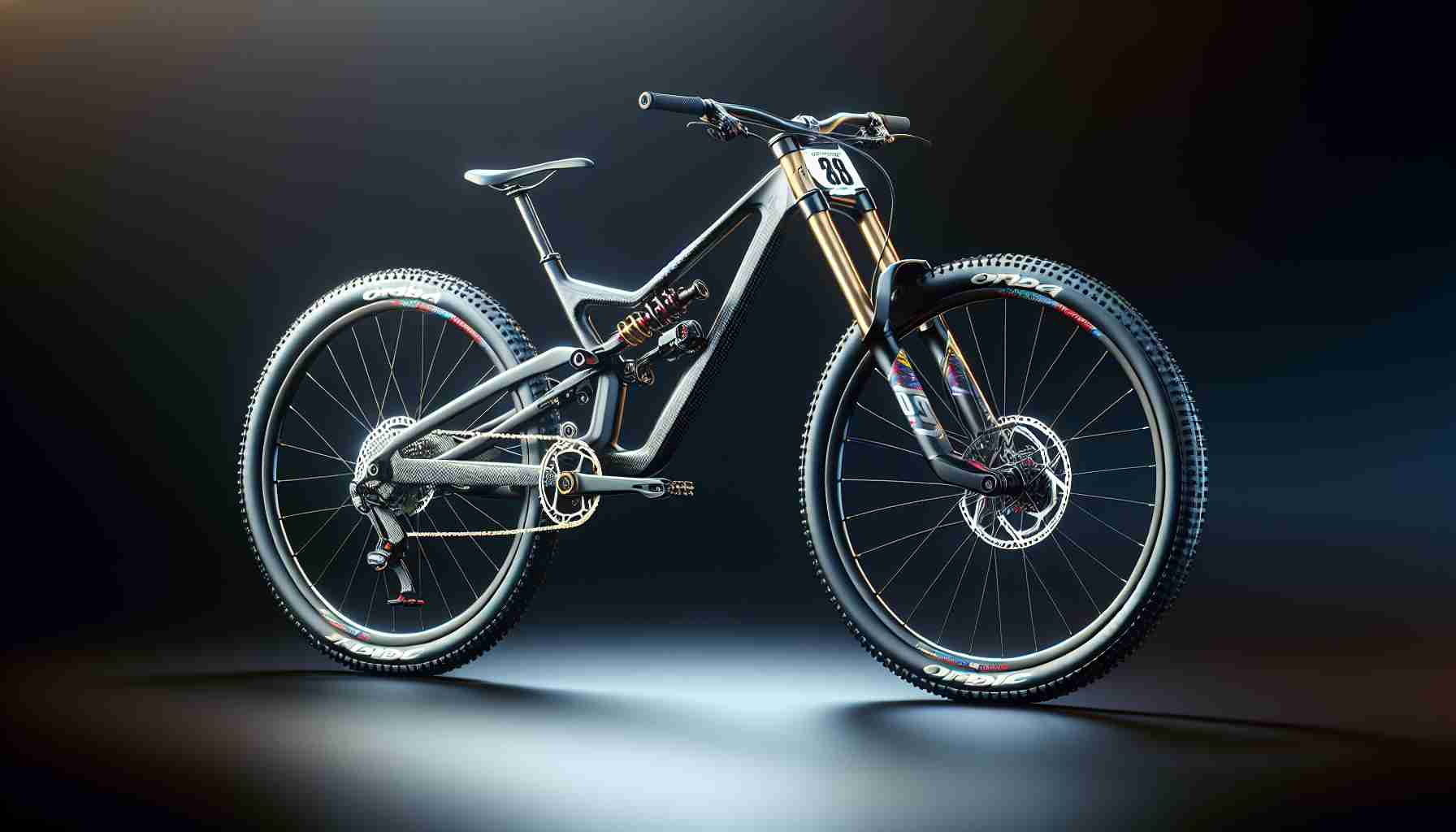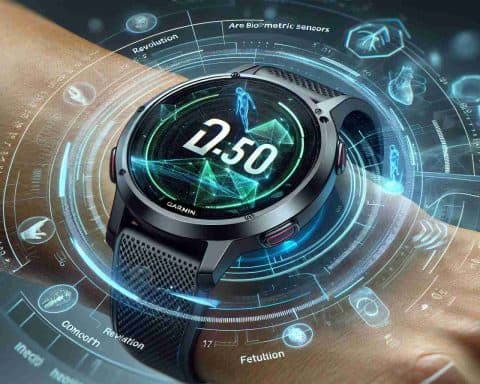The Michigan Department of Natural Resources (DNR) is considering a proposal to allow certain electric bikes in state-owned parks and trails. The aim behind this potential change is to expand recreational opportunities for individuals with disabilities and make cycling more accessible for everyone.
Under the proposed rules, Class 1 e-bikes, which only run when the rider pedals, would be permitted on trails. Class 2 e-bikes, on the other hand, would require a permit and would only be allowed for those with mobility issues. Class 3 e-bikes would continue to be prohibited.
The DNR has observed a growing interest in e-bikes and recognizes their potential in overcoming barriers such as challenging terrains and long distances. Electric bicycles can assist individuals with physical limitations in enjoying recreational activities that were previously inaccessible to them.
Public feedback on the proposal has been predominantly supportive, although concerns have been raised regarding potential safety hazards and trail damage. Tim Novak, the DNR’s state trails coordinator, has assured the public that local control will still be maintained for state-designated trails not owned by the DNR.
The proposal is scheduled to be presented to the Natural Resource Commission and, if approved, would undergo a one-year trial period before becoming permanent. During this period, any negative impacts on safety or trail preservation will be closely monitored. If no significant issues arise, the e-bike policy will remain in effect.
It is important to note that the proposed changes would not apply to sections of the Iron Belle Trail that are part of the North Country National Scenic Trail, as federal regulations prohibit the use of e-bikes in such areas.
Should the proposal be accepted, it would mark a significant step towards inclusivity and accessibility in Michigan’s outdoor spaces. By embracing the benefits of electric bikes, the state aims to provide increased access to natural resources for individuals who may have previously faced limitations.
The electric bike industry has been experiencing significant growth in recent years, both in Michigan and across the United States. According to a market research report by Market Research Future, the global electric bike market is projected to reach a value of $21.2 billion by 2025, with a compound annual growth rate of 6.39% during the forecast period.
This growth can be attributed to several factors, including increasing concerns about carbon emissions and the need for more eco-friendly transportation options. Electric bikes offer a greener alternative to traditional bicycles and cars, as they run on battery power and produce zero emissions.
Furthermore, the aging population and the increasing number of individuals with physical limitations have also contributed to the rising demand for electric bikes. As the Michigan DNR recognizes, electric bicycles can provide a means of transportation and leisure for those who may face challenges in pedaling a traditional bicycle or navigating difficult terrains.
However, despite the numerous benefits of electric bikes, there are some concerns that need to be addressed. One of the main concerns raised in relation to allowing e-bikes in state-owned parks and trails is the potential safety hazards they may pose. As electric bikes can reach higher speeds than regular bicycles, there is a concern that collisions with pedestrians or other cyclists may occur. To address this issue, the DNR has proposed restrictions on the types of e-bikes allowed on trails, ensuring that only those with low-speed capabilities are permitted.
Another concern is the potential for trail damage caused by electric bikes. The increased weight and power of e-bikes compared to traditional bicycles may result in more wear and tear on trails. To mitigate this issue, the DNR has stated that local control will still be maintained for state-designated trails not owned by the department. This means that individual trail authorities will have the discretion to determine whether or not e-bikes are allowed on their specific trails.
Overall, the inclusion of electric bikes in Michigan’s state-owned parks and trails would provide greater accessibility and recreational opportunities for individuals with disabilities. By carefully considering the potential risks and implementing necessary regulations, the state can ensure a safe and enjoyable experience for all users.
For more information on the electric bike industry and related topics, you can visit reputable sources such as Electric Bike or Bicycling.
















